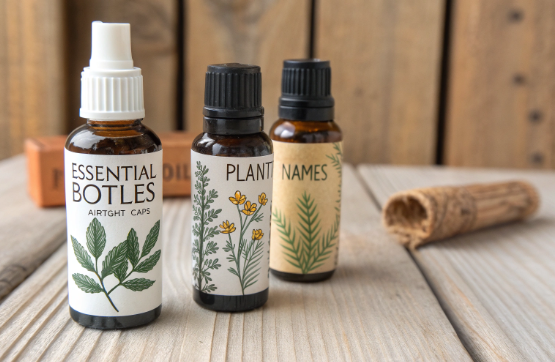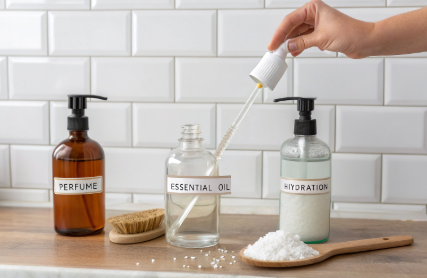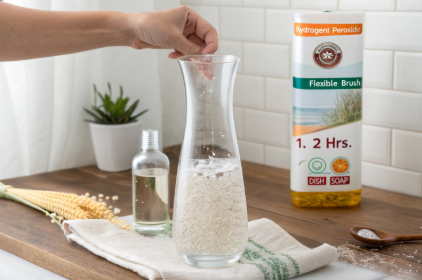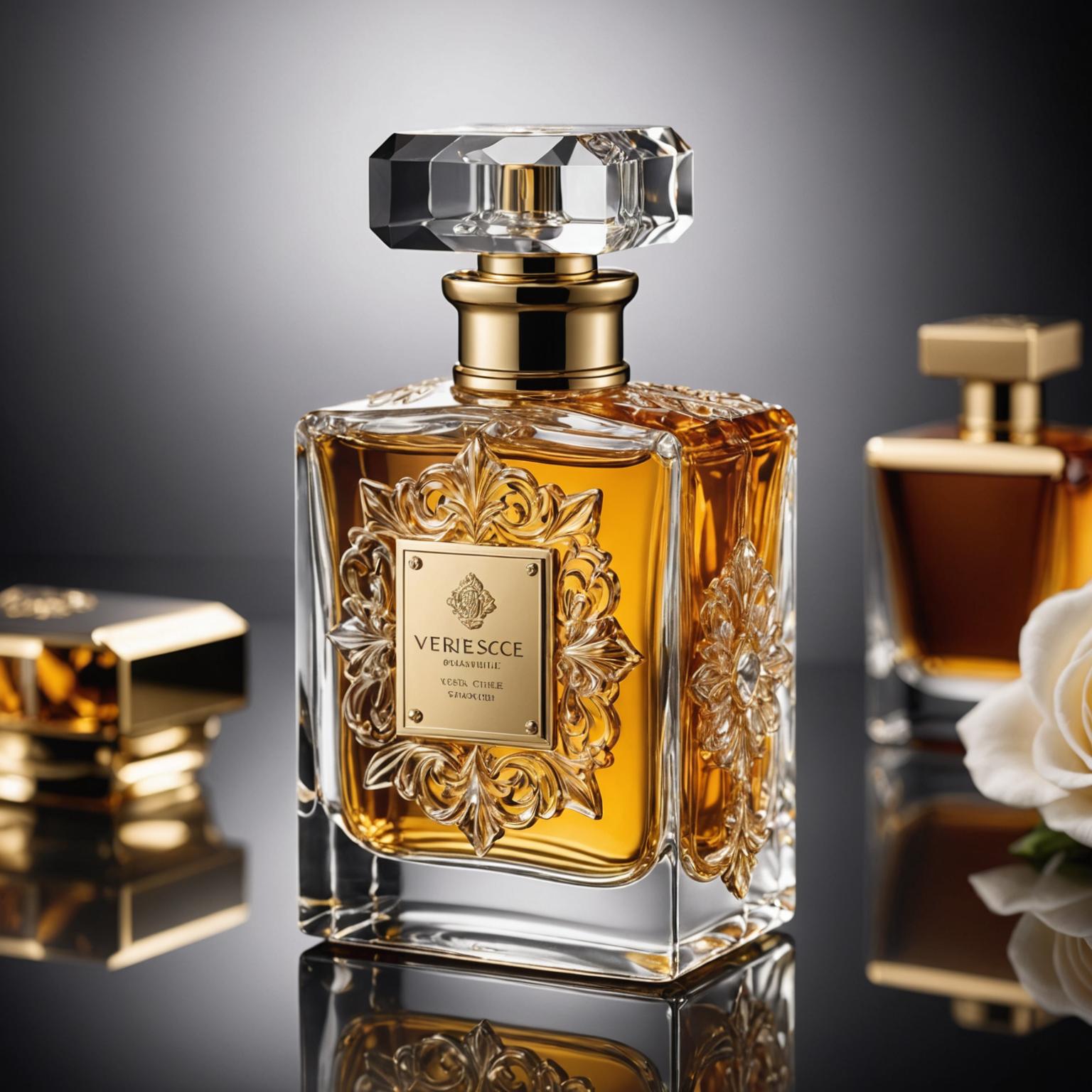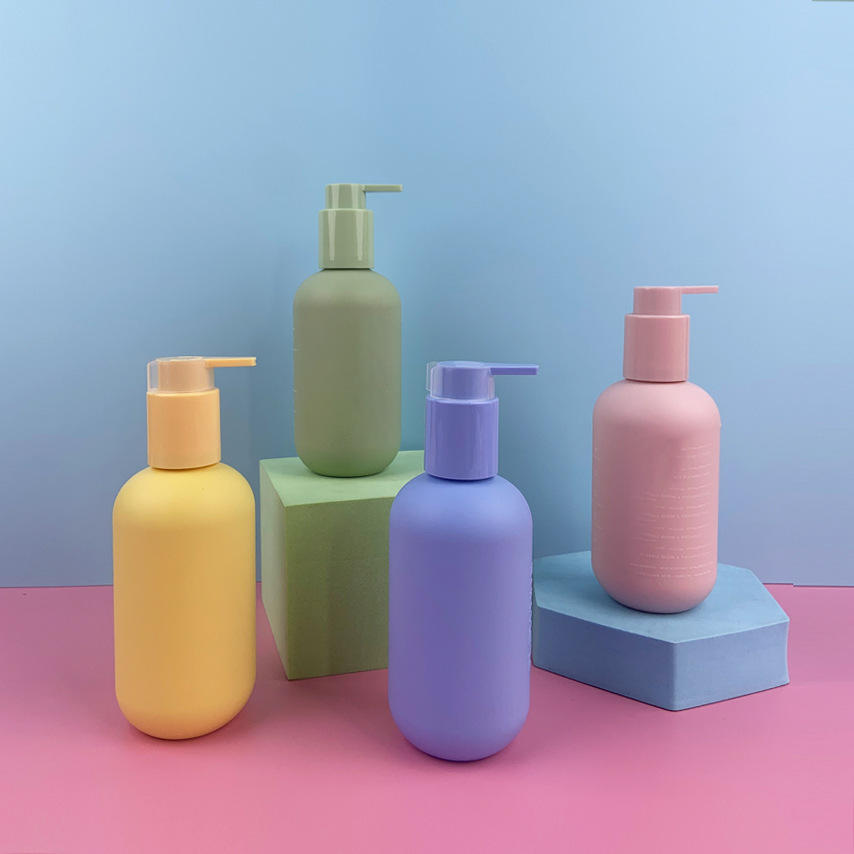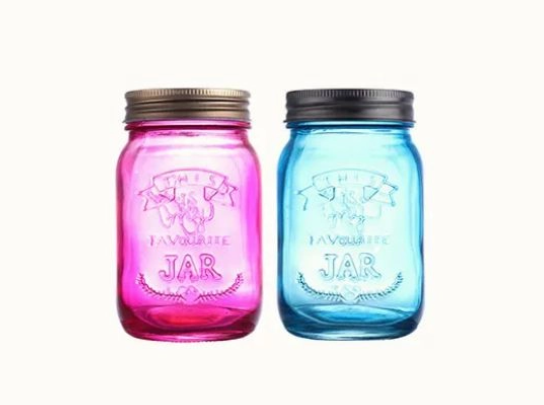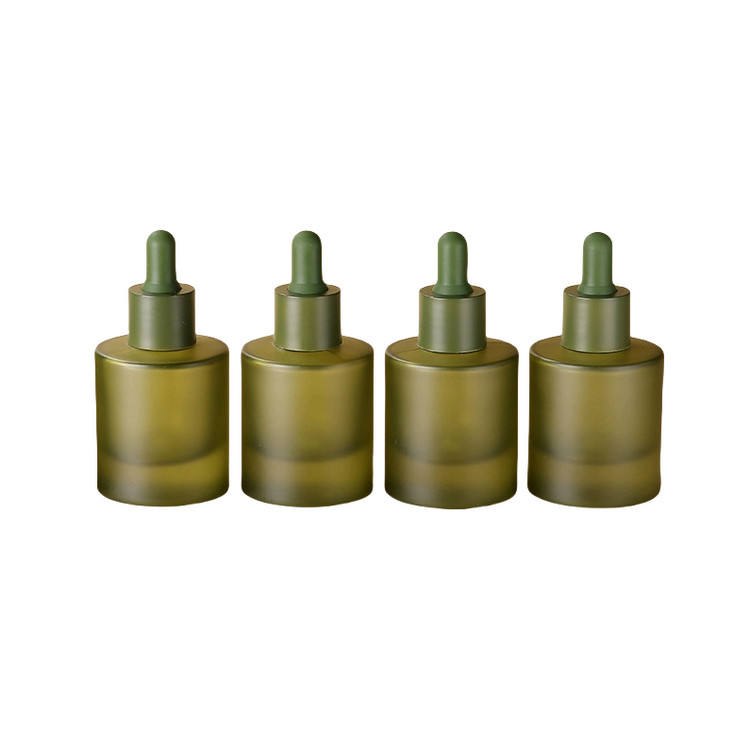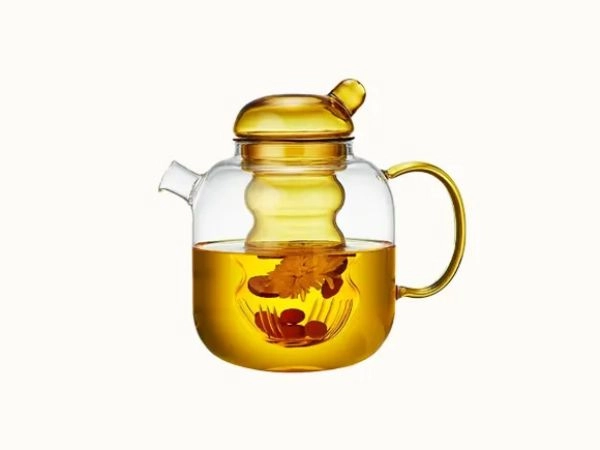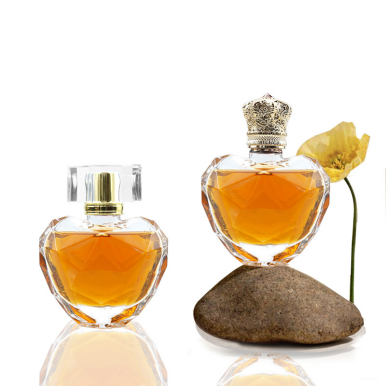Narrow-neck bottles look sleek—but cleaning them can be a total nightmare. Without the right tools and tricks, residue and bacteria build up where your hands or brushes can’t reach.
To clean the inside of a narrow neck bottle, use a combination of hot water, cleaning agents like vinegar or baking soda, and a long-handled bottle brush or cleaning beads to scrub the interior.
Let’s dive into the best practices for keeping your glassware—whether it’s for perfume, oil, or water—perfectly clean and hygienic.
How to clean the inside of a bottle with a narrow neck?
When your brush won’t fit and shaking water isn’t enough, it’s time to get creative. Residue buildup in narrow bottles can harbor mold, affect fragrance, or even alter product quality.
Use a mix of soaking, scrubbing with thin brushes or beads, and drying techniques to thoroughly clean narrow-neck bottles.
Here’s what we recommend at PauPack, especially for essential oil or perfume bottle clients:
Three Easy Methods for Narrow Bottle Cleaning
| Method | What You Need | How It Works |
|---|---|---|
| 1. Soaking | Hot water + vinegar or dish soap | Breaks down oils and residues |
| 2. Long-Handled Brush | Thin, flexible brush | Reaches and scrubs deep inside |
| 3. Cleaning Beads | Stainless steel or rice grains | Shake inside with water to scrape off buildup |
Tip: Never use boiling water directly on cold glass—it may crack. Always warm the bottle first with lukewarm water.
At PauPack, we often ship perfume bottles with protective sleeves or inserts to avoid dust or mold buildup during transit. But if you’re storing bottles for future use, we strongly suggest a cleaning routine before filling.
How do you clean the inside of a narrow vase?
A narrow vase presents similar cleaning challenges—except with more height and possibly dried flowers or stains inside.
Fill with warm soapy water, add uncooked rice or vinegar, shake vigorously, and rinse—repeat as needed to remove tough stains.
Let’s break it down by stain type:
Dive Deeper: Cleaning by Contamination Type
Mineral Deposits (Hard Water Stains)
-
Use vinegar and soak for 1–2 hours.
-
Scrub with a flexible handle brush.
Organic Residue (Plant Matter)
-
Add rice + soap + water and shake.
-
Rinse and sanitize with hydrogen peroxide if needed.
Dust or Soot
-
Use diluted dish soap and a narrow sponge on a stick.
-
Avoid abrasive materials that may scratch decorative glass.
Narrow vases often use the same glass materials as luxury perfume bottles. At PauPack, our glass perfume bottles go through acid-washing and UV treatment to minimize future residue issues—especially helpful for clients displaying bottles as part of their visual merchandising.
How to clean a narrow neck oil bottle?
Essential oils and cooking oils are notoriously clingy—they coat the glass and attract dust. Over time, they form sticky residues that basic water can’t clean.
Use degreasers like vinegar, lemon juice, or baking soda, followed by hot water rinsing and brush cleaning to tackle oily interiors.
Here’s a targeted cleaning plan for oil residue:
The PauPack Method: Cleaning Oil Bottles
-
Pre-rinse with hot water to loosen oils.
-
Add baking soda + vinegar into the bottle.
-
Let the fizz do the work for 10–15 minutes.
-
Scrub with a narrow brush or shake with rice.
-
Rinse with hot water and a bit of dish soap.
-
Dry upside down to prevent streaks or water spots.
Pro tip: For clients in aromatherapy or edible oil packaging, we suggest requesting PauPack’s pre-sanitized glass options. These reduce oil film and save you the cleaning labor during bottling.
How to clean a narrow water bottle?
Water bottles may seem simpler—but they often grow mold in the neck and base due to high humidity and limited airflow. For brands reselling refillable water bottles, hygiene is critical.
Disassemble lids and straws, soak in vinegar or dish soap, use a long brush for the bottle, and let all parts dry thoroughly.
Effective Daily & Deep Cleaning Techniques
| Frequency | Method | Why It’s Important |
|---|---|---|
| Daily | Rinse with hot water after use | Prevents bacterial growth |
| Weekly | Soak in vinegar or diluted bleach (1:10) | Removes biofilm and odors |
| Monthly | Use bottle-cleaning tablets | Easy maintenance, minimal effort |
PauPack produces eco-friendly glass water bottles for hotels, spas, and health brands. We recommend providing clients with care instructions—especially for narrow mouth bottles—to maintain hygiene and extend product use.
Conclusion
Narrow-neck bottles can be tough to clean—but not impossible. With the right tools and techniques, you can keep them spotless, functional, and ready for refill.




